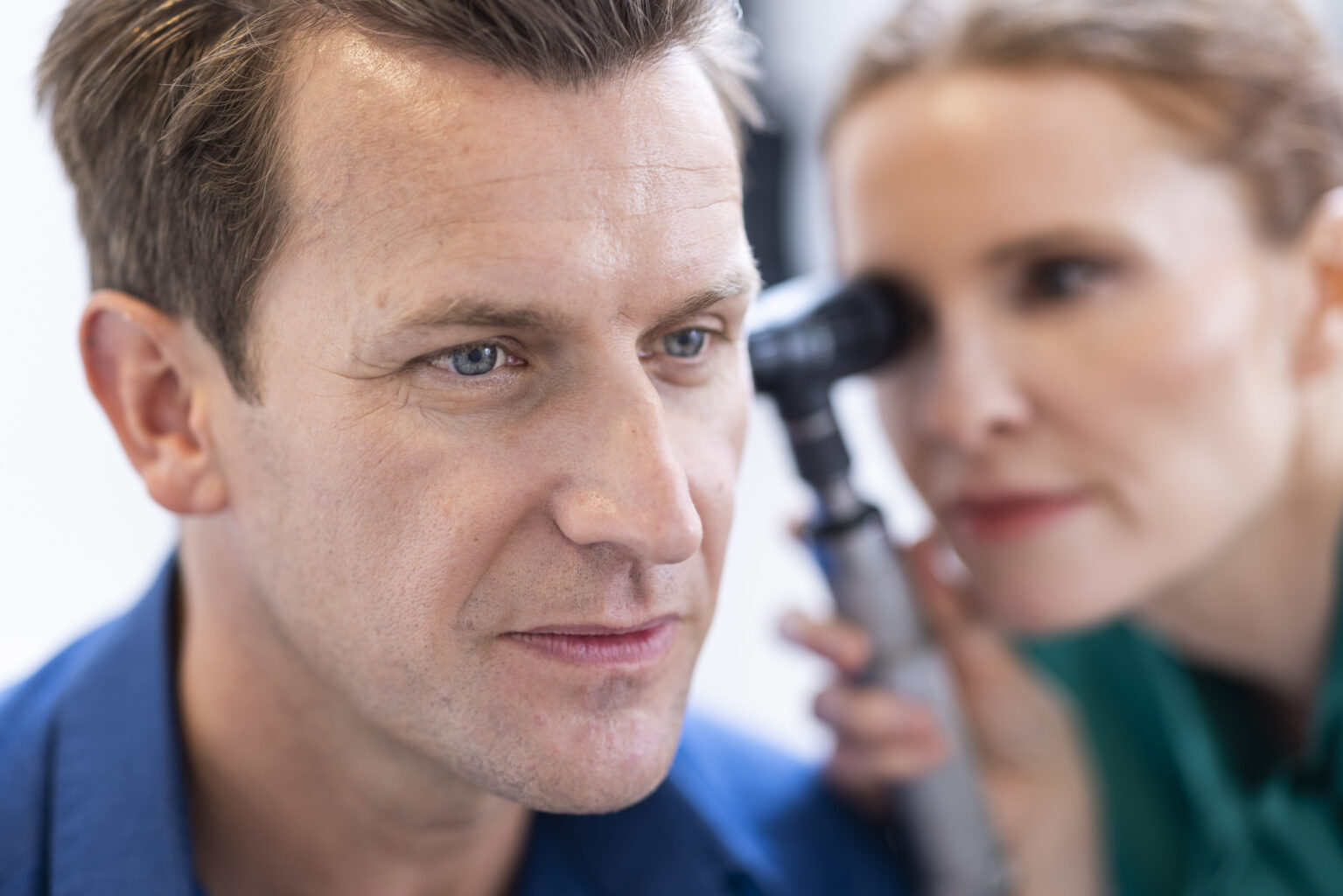Contact number: 020 7806 4060
What is Private Ear Wax Removal?
Earwax is a protective substance that forms in your ear, shielding the ear canal lining against dirt and water while also providing lubrication to the ear lining. The ear normally removes earwax and skin build-up on its own.
However, sometimes stubborn earwax and skin can be lodged deeper into the canal than is ideal. In these cases, a blockage is caused and can result in symptoms such as:
- hearing loss
- earache
- a feeling that your ears are blocked
- ear discharge and ear infections
- recurrent (repeated) ear infections
- ringing or buzzing in your ears (tinnitus)
- vertigo (feeling dizzy and sick)
- damaged ear canals
Some individuals naturally produce more earwax than others, making them more prone to earwax blockages. Additionally, certain activities, such as regular use of earphones or hearing aids, can contribute to earwax build-up. Individuals with a history of ear problems, such as recurrent ear infections, may be more prone to ear problems. In addition, outer ear infections produce debris (dead skin and bacteria) that requires urgent attention with ear cleaning.
Private ear wax clearance can help manage these situations safely.
How Much Does Private Microsuction Ear Clearance Cost?
£140
Private Microsuction Ear Clearance costs £140 at St John & St Elizabeth Hospital.
The price shown includes all costs associated with your treatment, excluding your consultant’s fee.
Our hospital fee is guaranteed at the price quoted and valid for one month from the date issued, subject to pre-assessment.
How to pay for your treatment
If you’re… paying for yourself
Did you know you don’t need private medical insurance to come to St John & St Elizabeth Hospital? As a self-pay patient, you can access safe, outstanding quality health care at times to suit you.
For scans and tests, as well as to see most consultants, you’ll still need to be referred by a medical professional like your GP, but as a self-pay patient, the process is more straightforward. You won’t need authorisation from an insurance provider, and you’ll have greater choice of consultant and appointment times.
If you’re… insured
St John & St Elizabeth Hospital is approved by all major medical insurance companies. If you have a personal private health insurance policy, or your company provide it for you, you can use it to pay for your care from your initial consultation through to treatment, surgery and aftercare such as physiotherapy. Not all private health insurance plans cover the same things. It’s very important to check exactly what you are covered for with your insurance provider.
Frequently Asked Questions about ear wax cleaning
You’ll need to book an appointment with an ENT consultant first. If the consultant agrees that you could benefit from professional ear cleaning, they will schedule the procedure for you. Before performing the cleaning, the doctor will assess your ears to determine the extent of earwax build-up and ensure the procedure is appropriate for your situation.
If the earwax is hardened, your doctor may use ear drops containing a solution such as saline to soften it. The cleaning is done using microsuction, which involves a handheld device with a small suction tube that removes earwax, dead skin, and debris without introducing water into the ear canal. The doctor uses an operating microscope to see clearly inside your ear and carefully applies suction to remove the wax with precision under direct visualisation.
After the procedure, you’ll be able to go home right away. Usually, there is no pain or discomfort, but if you experience any symptoms, infections, or ear pain, you should contact our team for advice and assistance.
If the cleaning was done to clear a blockage causing hearing issues, you may notice an improvement in your hearing right after the procedure. Many people also experience immediate relief from symptoms such as earache, pressure, or tinnitus (ringing in the ears) once the excess earwax has been removed. If hearing problems persist, further investigations like a hearing test may be needed.
Depending on your individual situation, the healthcare professional may provide post-cleaning care instructions. This could include advice on keeping your ears dry, using ear drops, or scheduling follow-up appointments if necessary.
Your doctor may offer guidance on preventive measures to reduce the chance of future earwax build-up. This often includes using ear drops to soften wax regularly, avoiding cotton swabs or other objects in the ear canal, and maintaining good ear hygiene practices.

